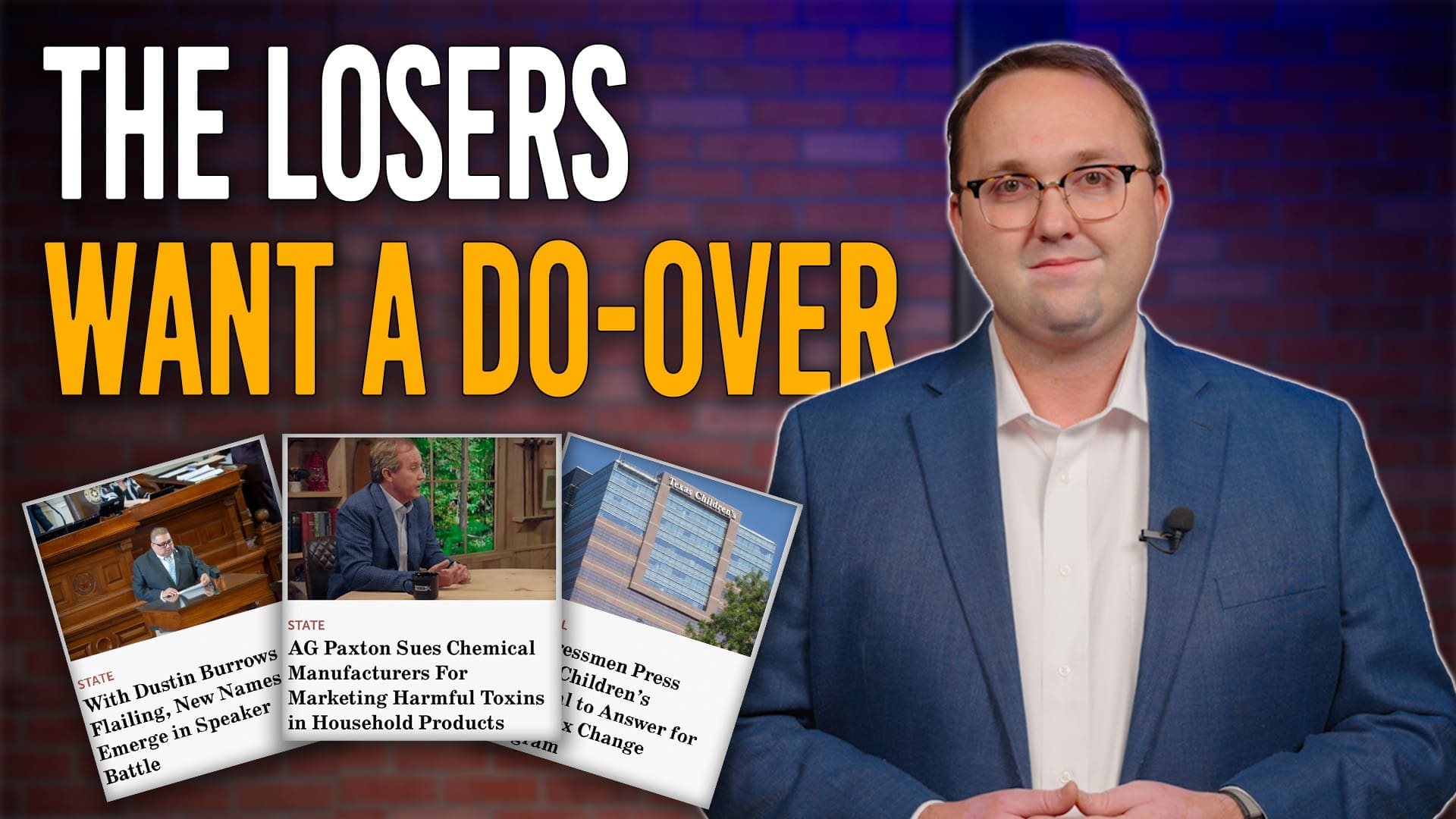For the last decade, Texas has been the national leader in making moves toward substantive, free-market reforms as means to solve problems and improve the quality of life.
Â
T exas’ accomplishments have played an important role in helping other states, and even Washington, take the same direction. Today, many of these accomplishments are threatened, most notably with plans to re-regulate the electric markets. This change could have national implications, and it certainly does not bode well for anyone doing any type of business in the state.
Â
Many states attempted to deregulate their electric markets about the same time we were in Texas, with the promise of low-cost electricity flowing from cheap natural gas. Unfortunately, the increase in natural gas prices made cheaper electricity a pipe dream under any regulatory regime. In the face of higher prices, most states simply pulled back from deregulation; ironically choosing instead rolling blackouts, monopolistic inefficiencies and a lack of innovation.
Â
As recent work by the Texas Public Policy Foundation has noted, Texas – alone among the states – successfully transitioned to a retail electric market with no price controls. Texas got electric deregulation right where other states got it wrong. Lawmakers set general rules for the market and were willing to let competition work within those rules, without attempting to manipulate prices or other aspects of competition.
Â
Today we have thriving competition, with consumers in deregulated areas able to choose from some 55 different plans offered by 18 providers. And while prices in Texas might be higher than the national average, this is because of our heavy dependence on natural gas for generation, not deregulation. Our prices are cheaper today than they would have been under regulation. Despite a 200 percent increase in natural gas prices, Bill Peacock at TPPF has said electricity prices average only 27 percent higher than the old regulated rates!
Â
Texas has the nation’s most successful and mature electric market.
Â
Yet the opponents of deregulation and limited government are out in force, using the higher prices as the excuse to persuade lawmakers and the public to re-regulate the market. Unfortunately, there are too many in the Legislature willing to listen to them, being led astray by misguided concerns regarding prices and profits.
Â
As a result, the Texas Senate, by a 30-0 vote, recently passed legislation (SB 896) to undermine the electric market. As you know, the legislation dictates the organizational structure of companies in the market, and the preferred market shares of companies in both the retail and wholesale markets. It allows the Texas Public Utility Commission to impose retail price caps, to disapprove ownership changes in companies and interfere with existing customer relationships, forcing certain retailers to share confidential consumer information with competitors, and to market competitors’ products to their own customers.
Â
These changes violate the most basic principles of free markets.
Â
The recent House version of the legislation marks an improvement, but more remains to be done in protecting Texas’ competitive energy market.
Â
Despite the unparalleled success of Texas’ efforts toward deregulation, our world class electric market is now in jeopardy. This should be of concern not only to energy customers, but to all proponents of free markets and limited government in Texas and around the country.
Â
It is a concern because it marks a real threat to the viability of all other industries in the state. The shrill cry of “lack of competition†can easily be rolled out when lawmakers and “consumer advocates†don’t like the decisions made by consumers and producers in a free market. (Of course, those raising such a cry don’t worry about the lack of competition resulting from heavy regulation and government monopolies.)
Â
All who engage in, benefit from, or are concerned with, the freedom of the marketplace, should be worried by this unprincipled retreat from the sound principles that have for so long defined Texas’ business environment.
Â
Such actions will similarly undermine the “checkbook†health of all Texans. This change in course even represents a clear danger to the ongoing budget and tax reform movement, as some legislators would compel Texans to rely on government programs rather than the marketplace.
Â
While the effort to roll back the clock on free market progress is taking shape this Session most clearly as attacks on the electric markets, pursuing this course will be bad news for individual customers, all consumer markets, and the pursuit of economic liberty.
This was sent as a letter to the Texas Legislature from TFR President Michael Quinn Sullivan on March 26, 2007.




